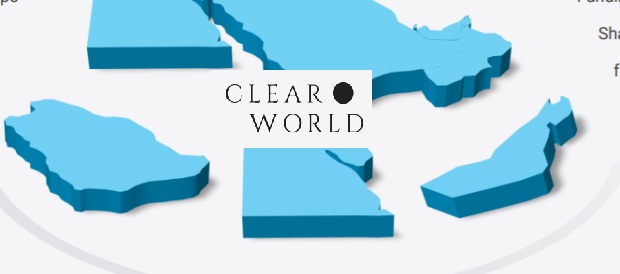
In an article this week on CNN Business Arabic, Bitget crypto exchange COO and Bitgo MENA regional Manager gave their views on how banks are entering the crypto space through stablecoins. This comes as the United States passed the Genius Act in the Senate, and now is going to the House with extra push from Trump himself.
The article notes that stablecoins have gained a steady ground within the banking sector as regulatory legislation advances in the United States and Europe. Several major banks have entered pilot tests or begun developing their own stablecoins.
According to CoinDesk data, the market capitalization of stablecoins hit an all-time high of $251.7 billion, up 22% so far this year, with Citi Group noting that stablecoin market will reach $3.7 trillion by 2030.
In the CNN article Vugar Usi Zade, COO of Bitget, the world’s fourth-largest cryptocurrency exchange, noted that this trend reflects the importance of stablecoins as an integral part of the financial landscape. He emphasized that the entry of banks does not mean the end of trading platforms. “We don’t just provide financial services; we are the financing tools of the future,” he said.
For his part, Nick Coombs, Regional Director of BitGO in MENA, sees collaboration as the future of the sector and a great opportunity for expansion. “Big banks are by nature slow and conservative. We provide them with the digital infrastructure they couldn’t build on their own,” he told CNN Business.
Bitgo, the custodian of the USD1 stablecoin, provides turnkey solutions for banks through its “Stablecoin-as-a-Service” service. It also offers technologies such as “Advanced Key Management,” which allows banks to issue their own currencies at lower costs and with ready-made infrastructure.
Vugar that the entrance of banks into the crypto domain, will lead to more control over custody services which could lead to more centralization. The absence of crypto self custody services means less privacy notes Vugar. Yet he sees the future as hybrid, between crypto exchanges, crypto custodian and banking sector.
Nick Coombs explains that crypto is being reshaped today to serve the very system it was born to oppose, but banks will still need to partner with specialized entities like BitGo to ensure security, compliance, and speed in developing new products. “Because of their cautious nature, banks will not service many emerging blockchains, as they will focus on Bitcoin, even though there are thousands of blockchains that need the services of companies like us,” he added.
Vugar adds, “What distinguishes us is speed, innovation, and our commitment to a culture of decentralization. We are not replicating the experience of banks, but rather reinventing it.” He said, “Stablecoins have changed the rules of the game in cross-border payments, and they offer tremendous advantages, given their speed and competitive cost of no more than 0.1%.” He predicted that this market will grow within five years, with stablecoin adoption increasing tenfold.
He predicted that we will soon witness initial public offerings (IPOs) for cryptocurrency exchanges, as they are technology companies. This will attract significant investments, allow them to grow, and possibly acquire small and medium-sized banks to offer banking products to a global audience.
The article notes that with the entrance of banks, will crypto be losing the reason for its creation, or will a new financial system emerge.

















